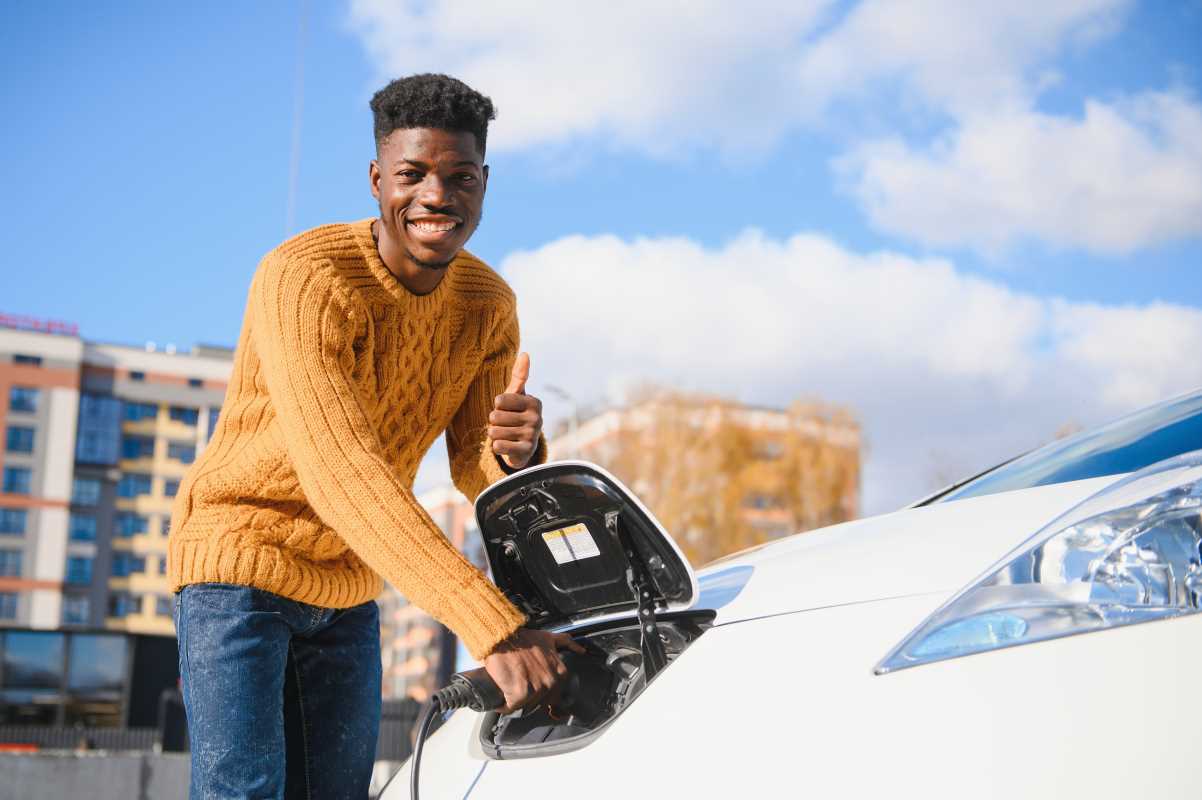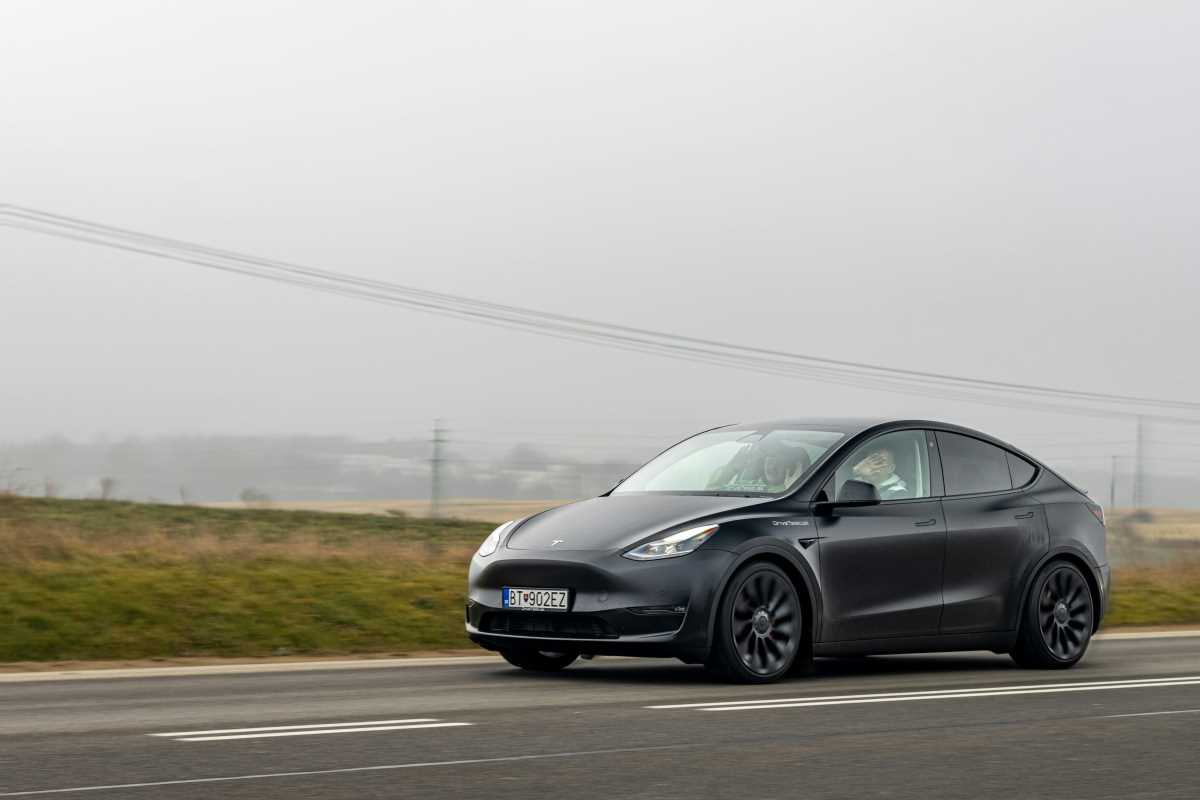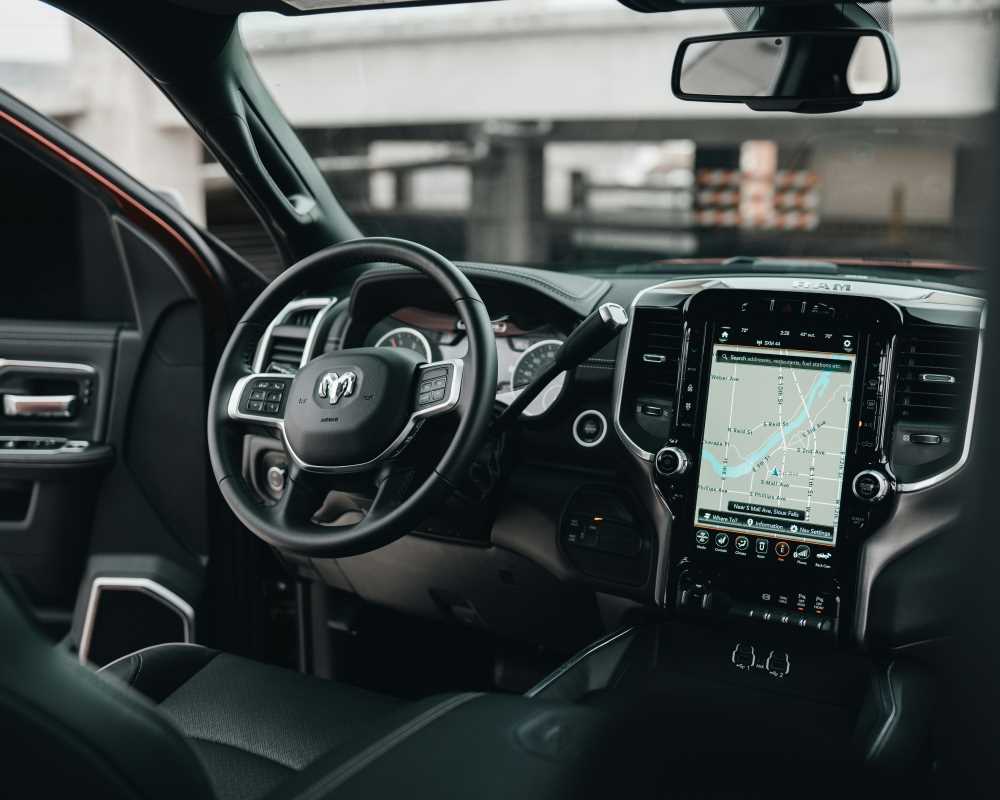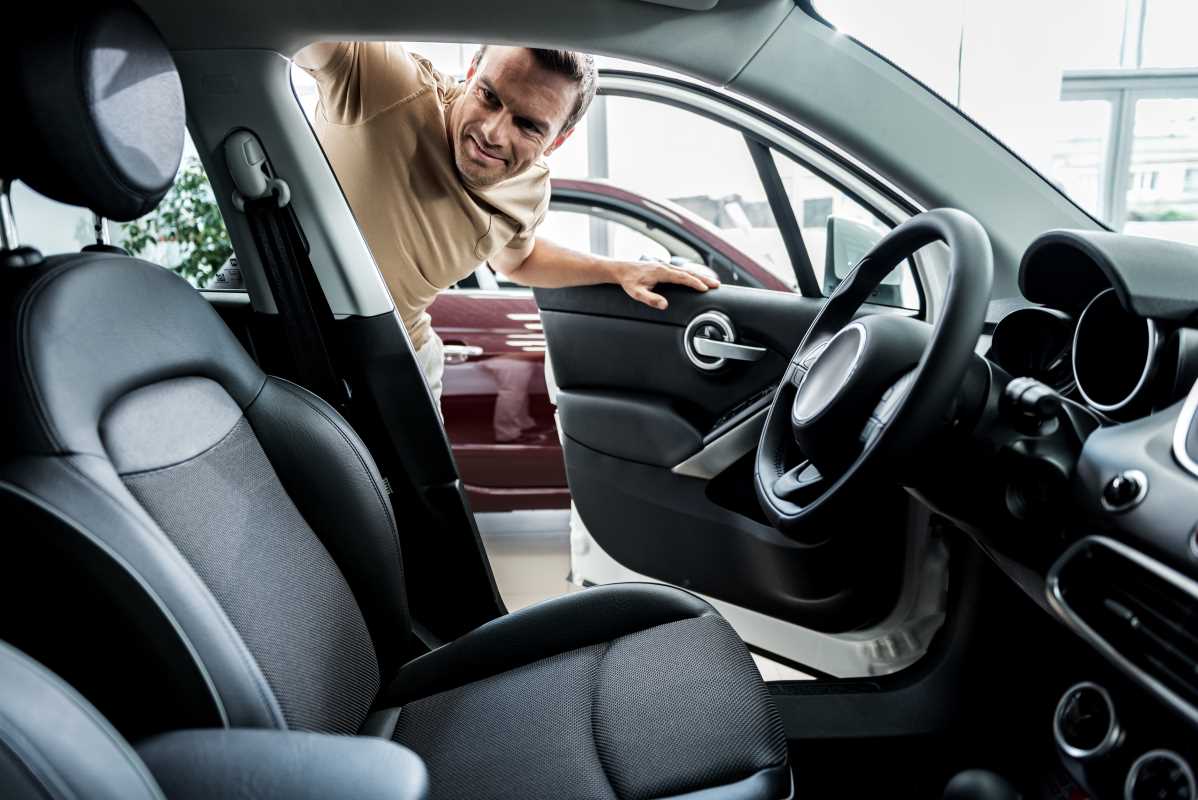Electric vehicles, or EVs, may seem like the cool kids of the car world. They’re sleek, tech-filled, and good for the environment—at least, that’s what they say. But are they really the right fit for you? Owning an EV is like adopting a pet—you need to know if it matches your lifestyle before you commit. If you’re debating whether to pull the plug on a traditional gas-powered car and switch to electric, keep reading.
The Upsides of Owning an EV
1. You’ll Save on Gas (Obviously)
If you’ve ever winced at the gas pump wondering if you’re secretly funding a world tour for gas station owners, good news—EVs don’t use gasoline. Instead, they run on electricity, which is significantly cheaper. Charging at home costs much less per mile than filling up a gas tank. Plus, as gas prices fluctuate, you won’t have to panic every time they spike.
For students or families on a budget, this is a big win. Imagine all the extra snacks you could buy with the money saved! That’s right—choosing an EV might even fund your next late-night taco run (kind of).
2. Eco-Friendly Vibes
EVs don’t have tailpipes, so they don’t release exhaust fumes. This means they’re much better for the environment, which feels pretty good if you’re into things like breathing cleaner air and saving polar bears. If you cringe at the sight of smog or consider yourself environmentally conscious, driving an EV allows you to reduce your carbon footprint with every mile.
Cities with heavy pollution are encouraging EV use, offering perks like tax credits or free parking. It’s like being rewarded for doing a good deed—“Oh, you care about the planet? Here, have a cheaper registration fee.”
3. Low Maintenance Costs
EVs don’t have the thousands of moving parts gasoline engines do. Say goodbye to oil changes, timing belts, and spark plugs. Fewer parts mean fewer things to break. For example, the average EV owner spends less on repairs and maintenance compared to gas-car drivers. This doesn’t mean EVs are totally problem-free, but you won’t have to endure those conversations with mechanics where they explain a repair bill that sounds suspiciously expensive.
If you’re someone who hates spending their weekends waiting at the repair shop, this is a big deal. It frees up your time for more exciting stuff, like arguing about why pineapple pizza is the best/worst invention of all time.
The Downsides of Owning an EV
1. Charging Can Be Tricky
Here’s the thing—they don’t call it “range anxiety” for no reason. Electricity is great when it’s there, but EVs need power to function. Charging stations aren’t always as easy to find as gas stations, especially in rural areas.
For people who live in apartments or don’t have garages, charging at home can also be a challenge. Installing a home EV charger is an option, but it’s not exactly cheap. Without one, you’ll have to rely on public charging networks, and waiting 30-60 minutes for a full charge isn’t for the impatient types. Imagine explaining to your boss why you’re late because your car was “still eating breakfast.”
2. Limited Range for Long-Distance Drivers
If you’re someone who loves weekend road trips or has a daily super-long commute, EVs might not be your best friend yet. While EV ranges are improving—many models can go over 200 to 300 miles on a single charge—that still falls short of traditional gas-powered cars that can travel 400+ miles without breaking a sweat.
Now, some EV owners argue that planning your trips around charging stations adds to the “adventure.” But for others, it feels like trying to find a bathroom in an unfamiliar mall—stressful and unnecessarily complicated.
3. Higher Upfront Costs
While EVs save you money on gas and maintenance over time, they often have higher sticker prices. Battery technology isn’t cheap, and that cost is passed on to you, the buyer. Even with government incentives, which are great for shrinking the gap, some people find EV pricing to feel a bit steep.
Driving a Tesla Model 3 might make you feel like Tony Stark, but if the monthly payments make you live off instant noodles, maybe it’s not the right call for now.
Who Should Invest in an EV?
- City Dwellers - For those who mostly drive within cities or short distances, EVs are perfect. They’re designed for stop-and-go traffic and have regenerative braking, which helps recharge the battery while you’re driving. Charging stations are also more common in urban areas, so finding one won’t feel like a treasure hunt.
- Suburbanites - People who work close to home or students commuting to local campuses can benefit greatly from an EV. You’re not likely to burn through the battery in a single day, and public charging at places like malls or coffee shops can keep you topped up.
- Environmentally Conscious Folks - If saving the planet is your jam, EVs make a lot of sense. Every mile driven reduces harmful carbon emissions compared to traditional cars. Some people even pair their EV with renewable energy at home (like solar panels) to charge their car with 100% green energy. It’s like being a superhero but with less spandex.
- Tech Enthusiasts - Do you love having the latest gadgets? Do you find yourself geeking out over features like self-driving modes or fancy touchscreens? EVs are basically smartphones on wheels. With over-the-air updates, your car can get software upgrades just like a phone app. If that sentence excites you, an EV might be a good fit.
Who Should Skip an EV—For Now
- Rural Residents - Living in a remote area? Charging stations might be scarce. Plus, installing a home charging system can be pricey if you don’t already have a setup for it. If you frequently drive long distances with few rest stops, sticking to a gas or hybrid car makes more sense.
- Heavy Travelers - If you’re on the road a lot for work or pleasure, an EV might not fit your lifestyle—yet. Even though newer models are pushing their range limits, stopping to charge frequently can be a hassle. For now, hybrids or plug-in hybrid electric vehicles (PHEVs) may be a better middle ground.
- Those on Tight Budgets - The upfront cost of an EV can be hard to swallow if you’re living paycheck to paycheck. While long-term savings are great, not everyone can wait several years to see those benefits. Until prices drop further or used EV markets expand, some buyers may need to stick with traditional cars.
Final Thoughts
Electric vehicles mark a shift in how we think about driving. They’re clean, efficient, and undeniably cool—but they aren’t for everyone. Whether an EV fits your lifestyle depends on your individual needs, like where you live, how far you drive, and even how patient you are with charging.
If you want to save money on gas, help the environment, and show off cutting-edge tech, an EV is a fantastic choice. But if you frequently road trip into charging station deserts or can’t quite swing the finances yet, don’t feel bad—traditional cars aren’t going anywhere just yet.







